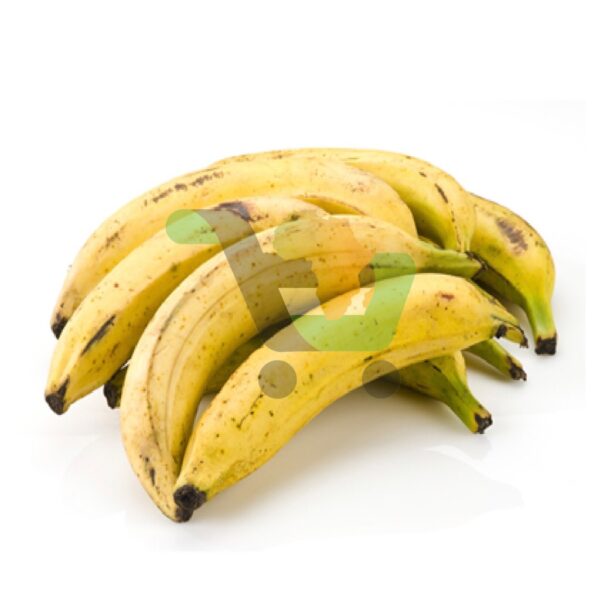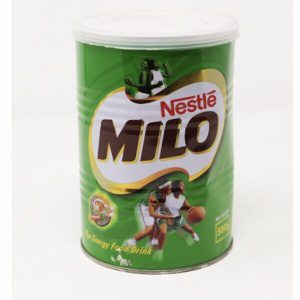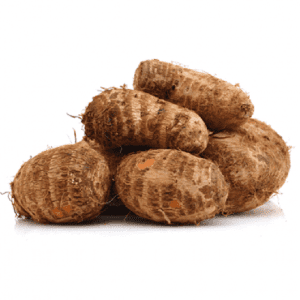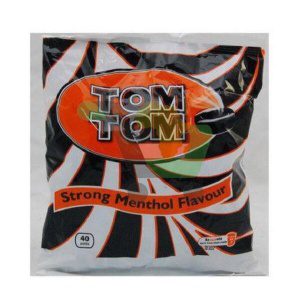Nutritional Facts of Ripe Plantain
Ripe plantains are a delicious and versatile fruit enjoyed across many cuisines, particularly in African, Caribbean, and Latin American cultures. They are a rich source of essential nutrients, making them a healthy addition to your diet when prepared properly. Here’s a detailed look at the nutritional value and health benefits of ripe plantains.
Macronutrients
Ripe plantains are primarily a carbohydrate-rich food, providing sustained energy. A 1-cup serving of cooked ripe plantains (about 154 grams) contains approximately:
- Calories: 180
- Carbohydrates: 48 grams
- Protein: 1.6 grams
- Fat: 0.4 grams
While low in protein and fat, their carbohydrate content comes mostly from natural sugars, making ripe plantains a sweet and satisfying energy source.
Dietary Fiber
Ripe plantains are an excellent source of dietary fiber, with about 3 grams per cup. Fiber aids in digestion, promotes a healthy gut, and helps regulate blood sugar levels, making plantains a smart choice for balanced meals.
Vitamins and Minerals
Ripe plantains are packed with essential vitamins and minerals, including:
- Vitamin A: Supports healthy vision, immune function, and skin health.
- Vitamin C: Acts as a powerful antioxidant, strengthens the immune system, and enhances iron absorption.
- Vitamin B6 (Pyridoxine): Vital for brain health, red blood cell production, and proper nerve function.
- Potassium: Helps regulate blood pressure, maintain fluid balance, and support muscle and nerve function.
Antioxidants
Ripe plantains contain antioxidants like carotenoids, which combat free radicals and reduce the risk of chronic diseases.
Health Benefits
Including ripe plantains in your diet can contribute to:
- Better digestion due to their fiber content.
- Increased energy levels, especially for athletes or active individuals.
- Improved heart health thanks to potassium.
Pro Tip: To retain their nutritional value, cook ripe plantains by baking, boiling, or grilling instead of frying.











Reviews
There are no reviews yet.